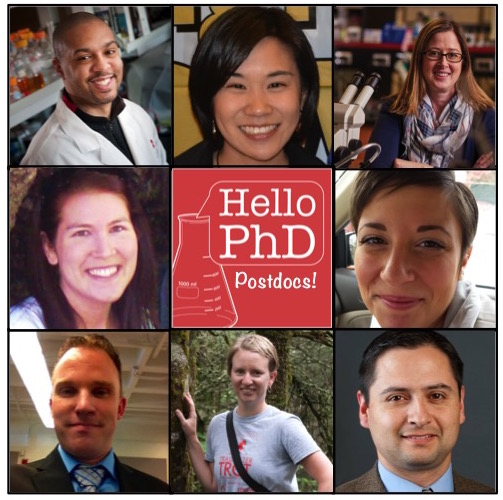Podcast: Play in new window | Download
Subscribe: Spotify | Email | TuneIn |
If you’re an academic scientist, applying for an industry job is a bit like traveling to a foreign country.
First, there is paperwork.
Will they accept your Curriculum Vitae as is, or do you need to crunch it down into a résumé? And how on earth do you get through the screening software that filters through the 1000+ applications?
Next, there’s the language barrier.
You’ll need to communicate your qualifications in an interview that may last just a few minutes. You might describe a key experiment you designed with six controls and twelve replicates, but what the interviewer needs to hear is that you have experience in ‘quality control and quality assurance.’ Don’t expect them to make the translation.
Last, there can be culture shock when you actually get the job and start to work. There are aspects of your academic training that you will need to un-learn if you want to be successful. You can either begin the job with a sensitivity to these new cultural norms, or you can learn them the hard way…
This week, we talk with a scientist who acts as travel guide for academics who want to make the leap into industry.
Read More




